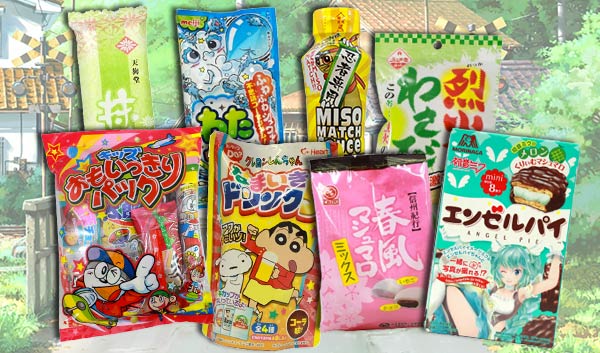Late-night Japanese TV can be fun to watch. The other day I caught a program called “Can We Go To Your House Right Now?” in which a camera crew would find a random person who had missed the last train home and offer to pay their taxi fare in return for being allowed inside their house to film and interview them. This episode featured a hairdresser who loved collecting gothic art and gas masks followed by a retired engineer from Toyota who told the sad story of his being too busy taking care of his elderly parents to find a wife, so he was living alone now. Because the show is on at 2 a.m., the staff is free to get a little naughty, like when a 28-year-old salaryman working for a pachinko manufacturer (“number of years without a girlfriend, 28”) showed off his favorite Tenga Flip Hole, or the girl above, who also had an extensive collection of BL manga. Of course you always take Japanese TV with a few grains of salt. In order to get higher ratings, production companies have been known to “get creative” while showing things that are supposed to be real, like the time NHK needed a dramatic landslide for a documentary so they created a fake one and filmed it.
The Japanese famously use a large number of English words in their daily lives, for example for new technology or professions, or buzzwords like “barrier-free universal design.” While this is a big help for anyone studying the language from English, some of the terms the Japanese come up with can be a little confusing. “The media” is referred to as masu-comi, from “mass communications,” and if something is “service” (saabisu) it means it’s on the house, free. Every employee of a company dreads having his boss use the word risutora (from “restructure”), what being laid off from a job is called here, while everyone loves a good “viking,” or an all-you-can-eat buffet. (In 1957, a chef at the Imperial Hotel couldn’t pronounce the word “smorgasbord” so he shortened it to this.) One of the biggest trends in the world today is the rise of social media, which is “SNS” in Japanese (from “social network systems”), though I’ll be darned if I can get used to that abbreviation.
J-List stocks great Japanese snacks, with everything from authentic dagashi from the Showa Period to Hatsune Miku Angel Pies to the soon-to-be-going-away Japanese Kit Kat, which will be pulled from the page as summer approaches. Need to make an order today?

















